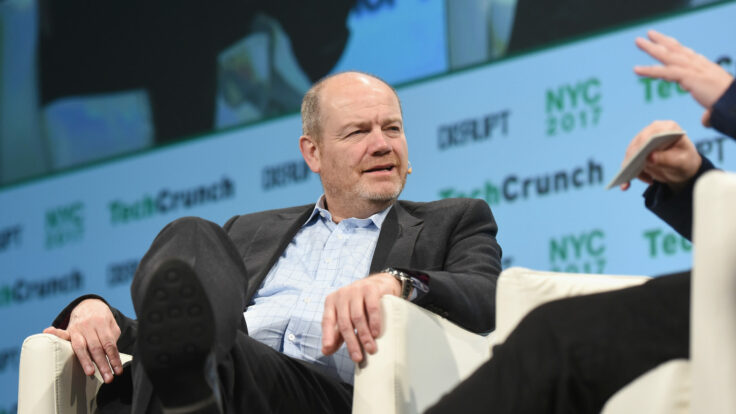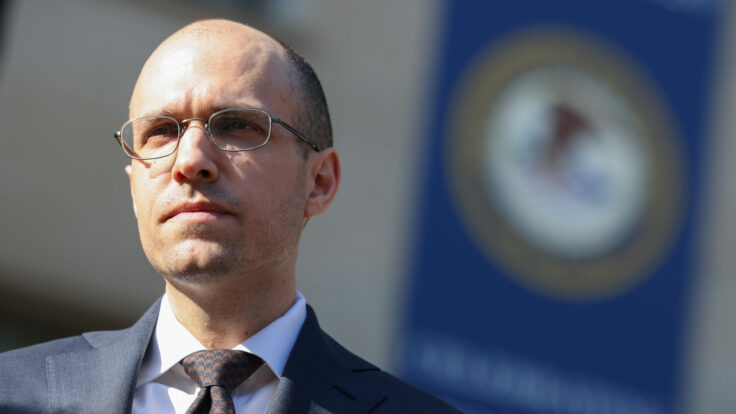Earlier this year, on the occasion of Politico’s 15th anniversary, the famously thoughtful and far-sighted founding editor John Harris put forward a controversial thesis about the very industry he once participated in reshaping. A decade and a half earlier, he and his fellow co-founders, Jim Vandehei and Mike Allen, had disrupted the world of political journalism with a scrappy, high-metabolic inside-baseball approach that eschewed the musty conventions of legacy media institutions. Politico was an instant, groundbreaking hit. Mark Leibovich, Washington’s unofficial chronicler, even won the magazine industry’s top honor for his profile of Allen and the Politico phenomenon.
In those early days, Politico leveraged some brilliant observations about the white space in the market. Washington insiders, all too aware of the bullshit-laced pablum that saturated the professional political-media scene, instantly took to Politico as that rare media organization that cut through the noise and provided the truth beneath the talking points and K Street agendas. Back in those days, Politico (or The Politico, as it was originally titled) revealed subterranean Washington to be a far more complex and dynamic place than its Brooks Brothersy and Ann Tayloresque surface belied. Core to the thesis was the idea that journalists should break down the fourth wall with the reader and give them the unvarnished truth of what was going on behind the scenes in Washington.

















